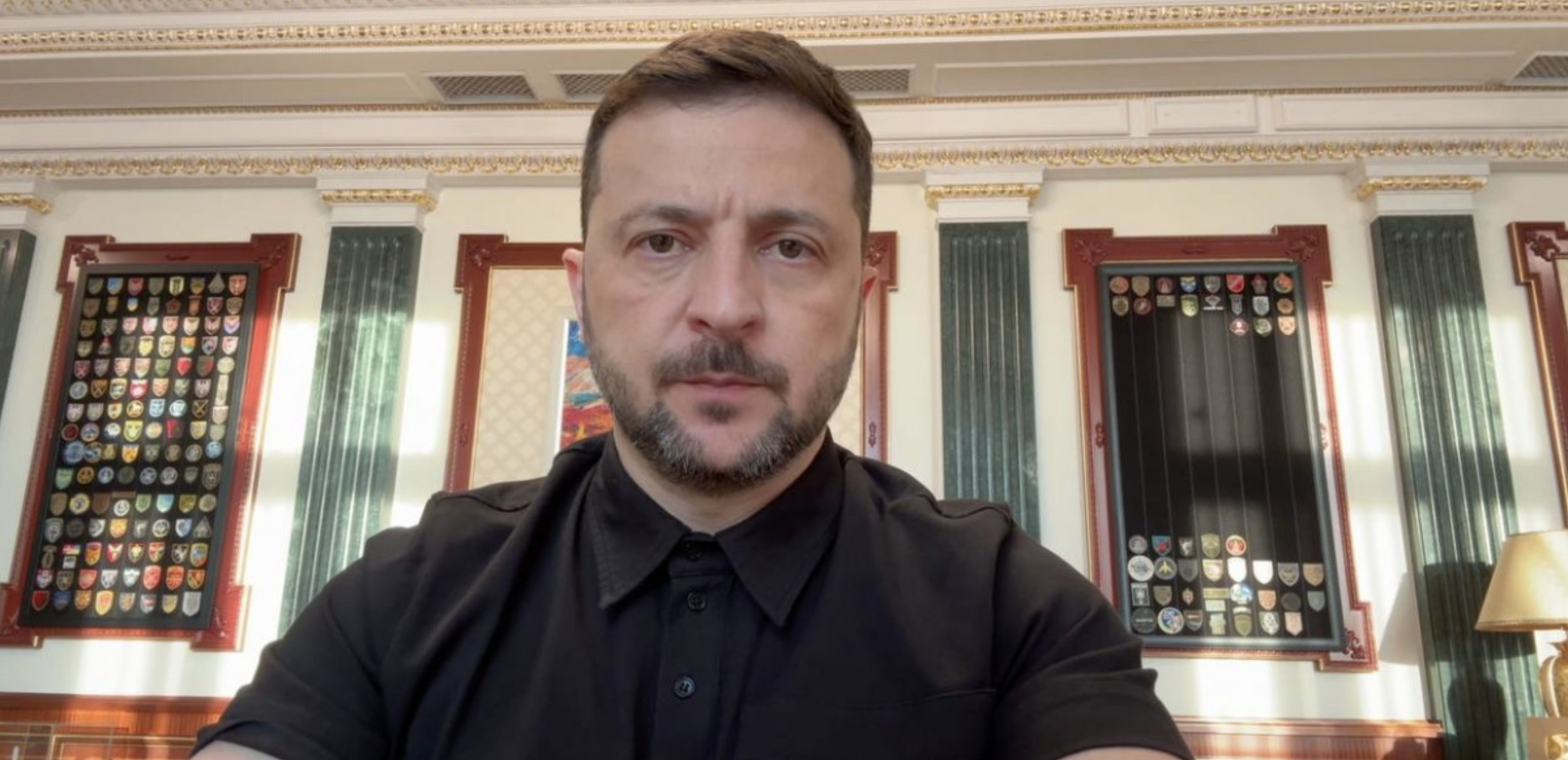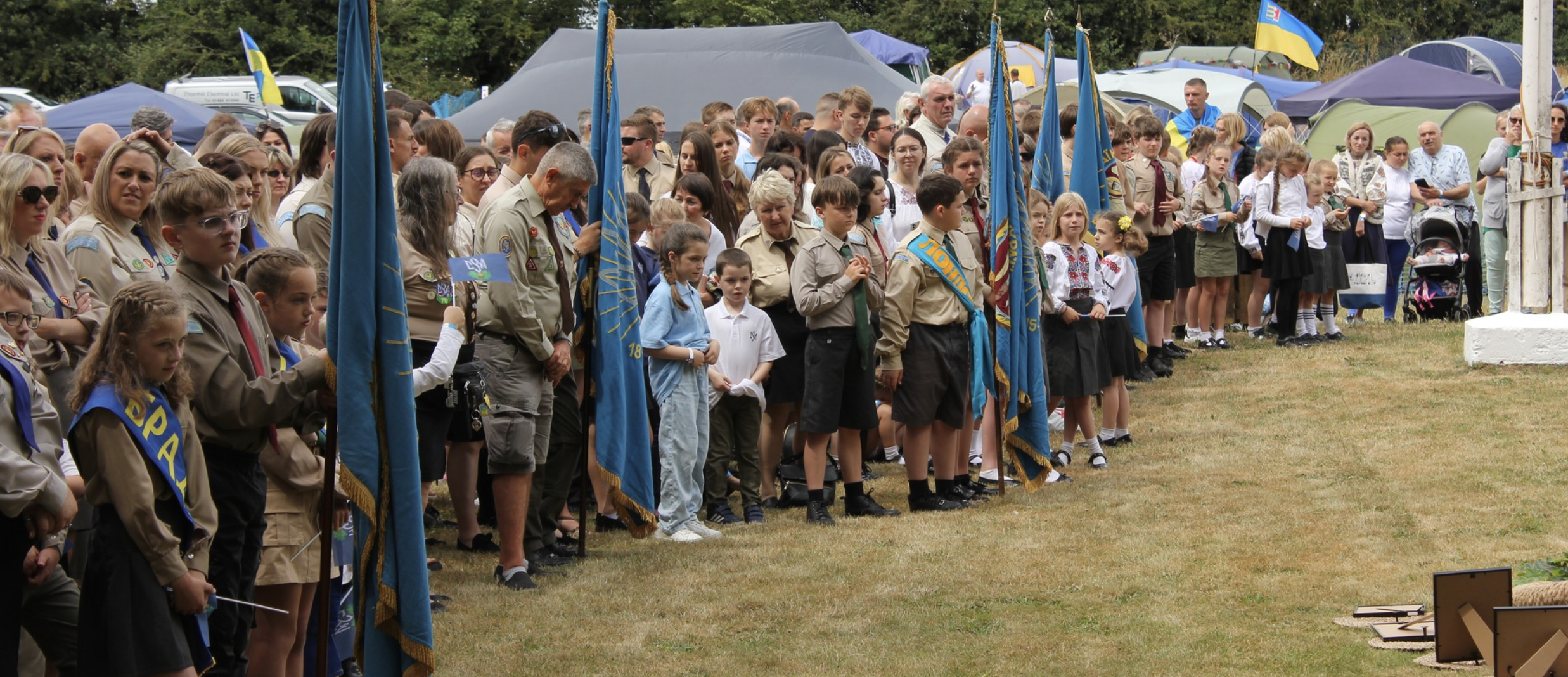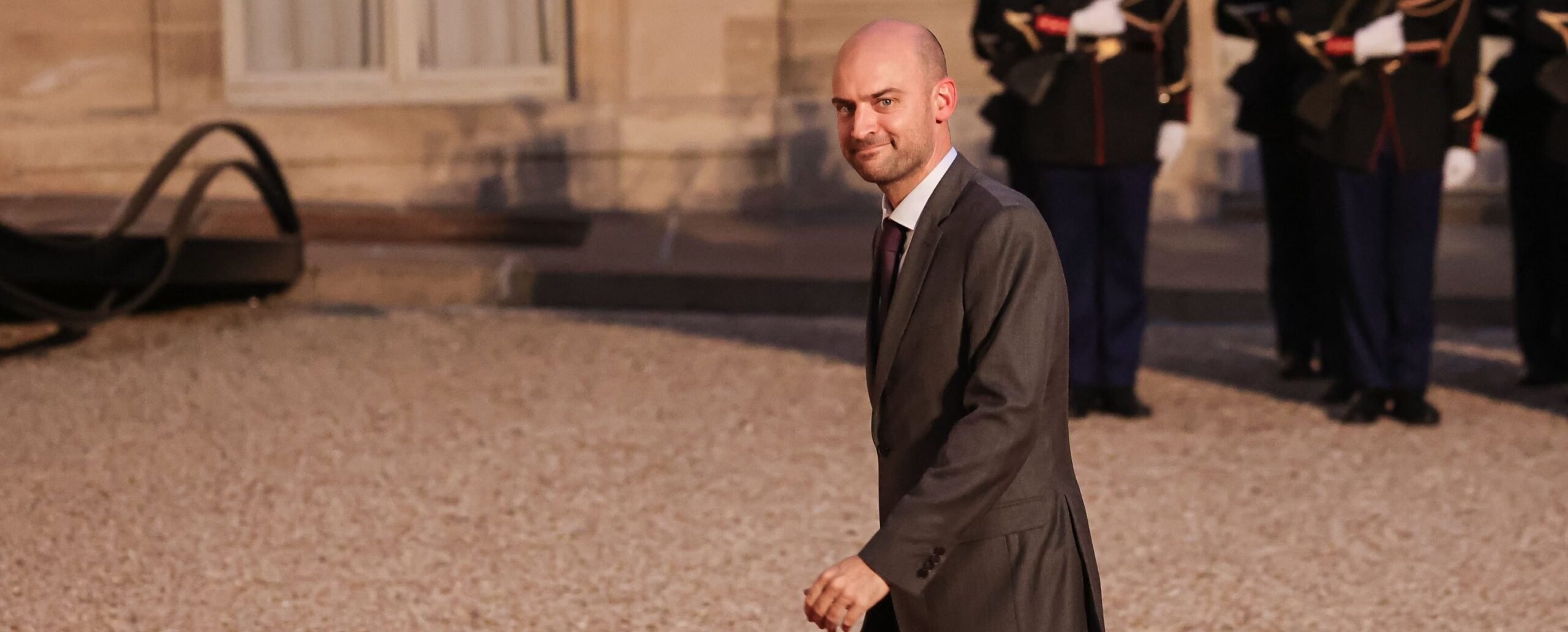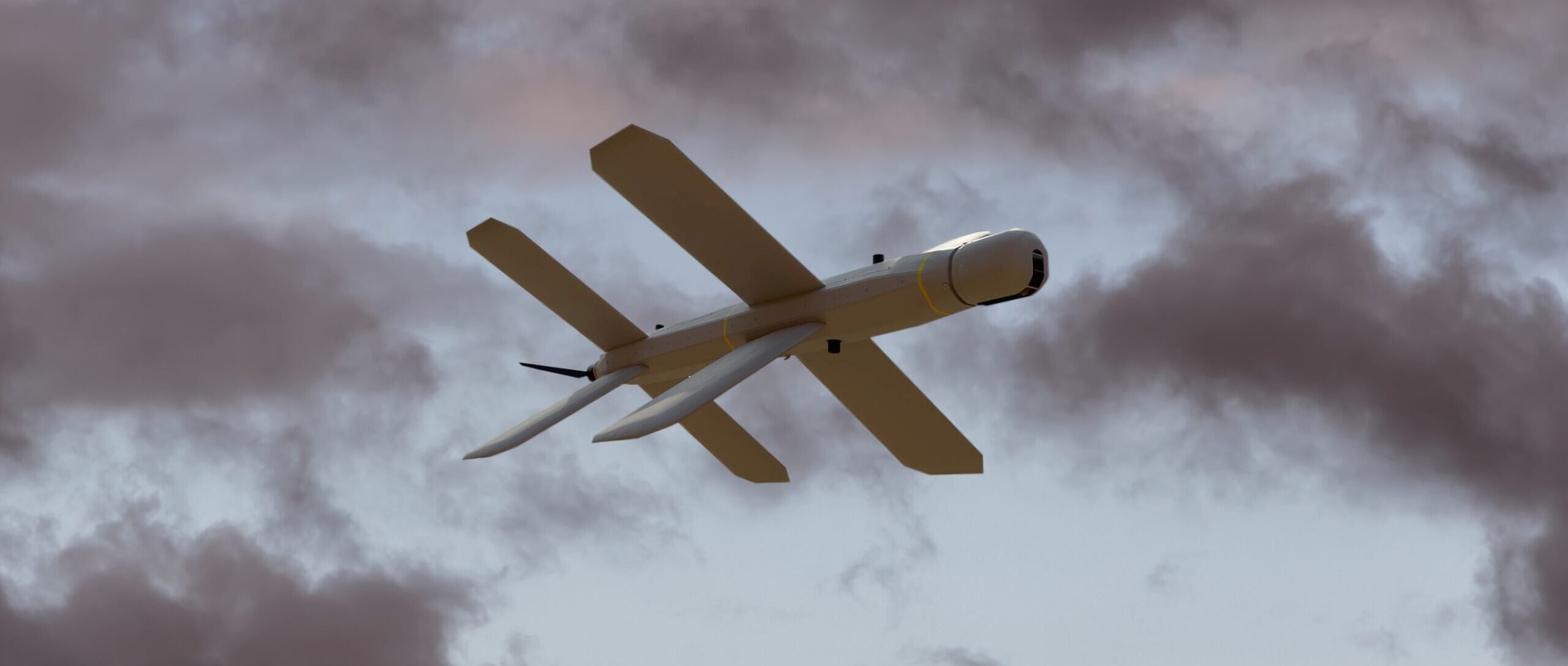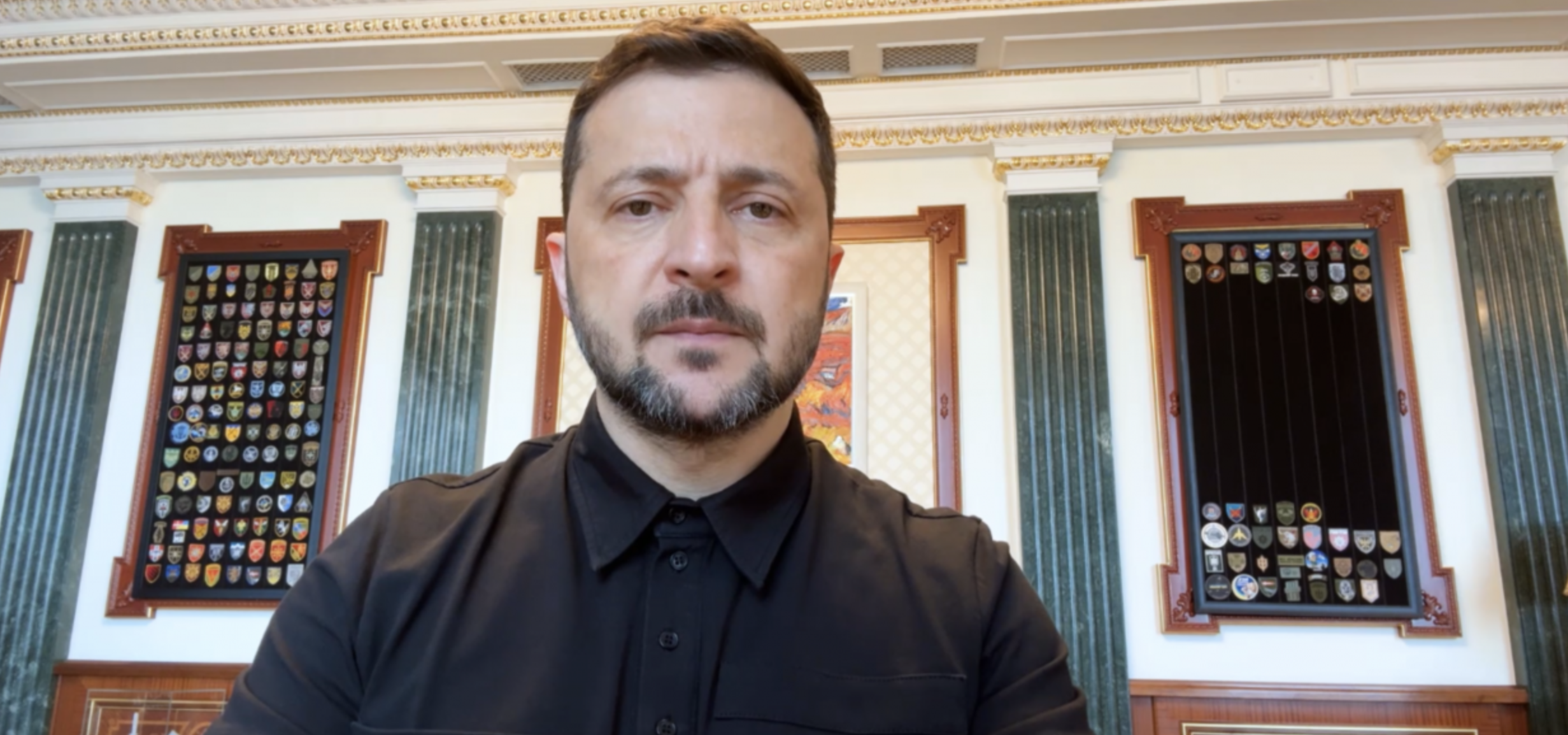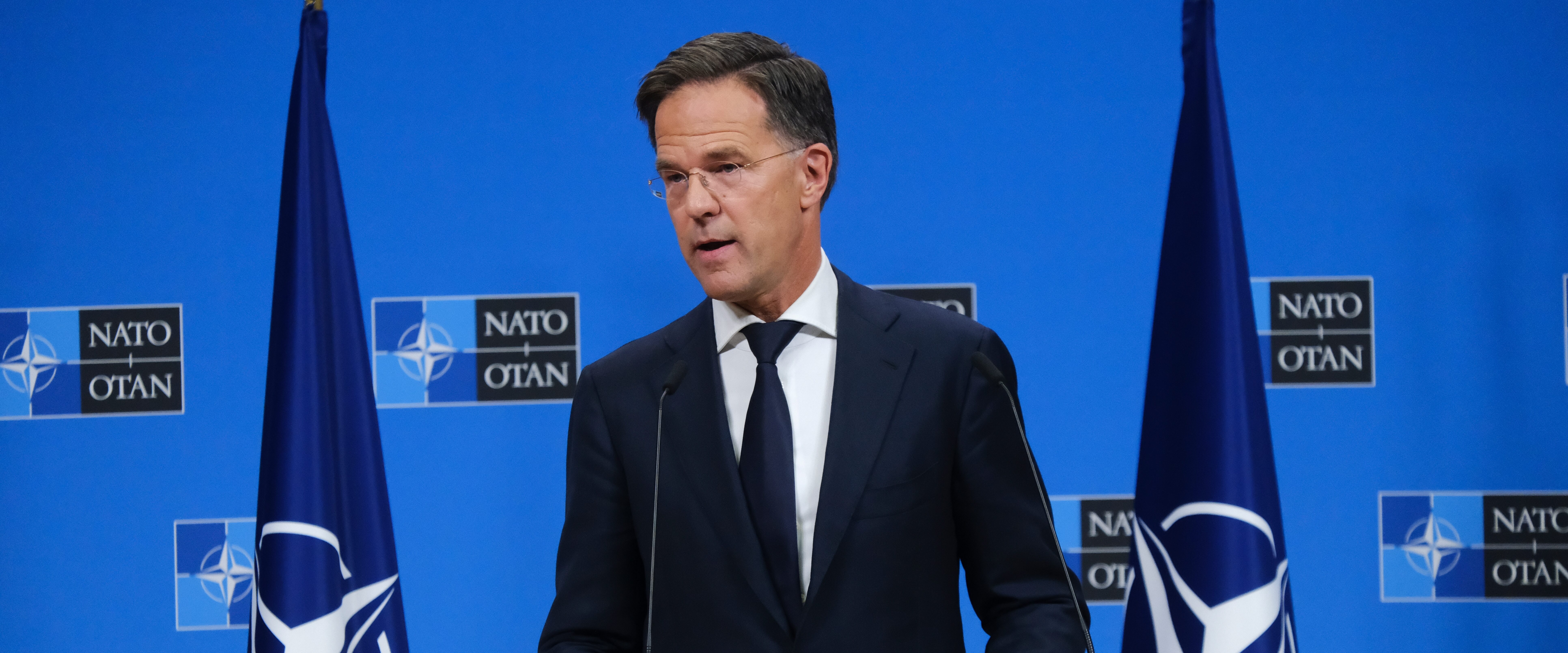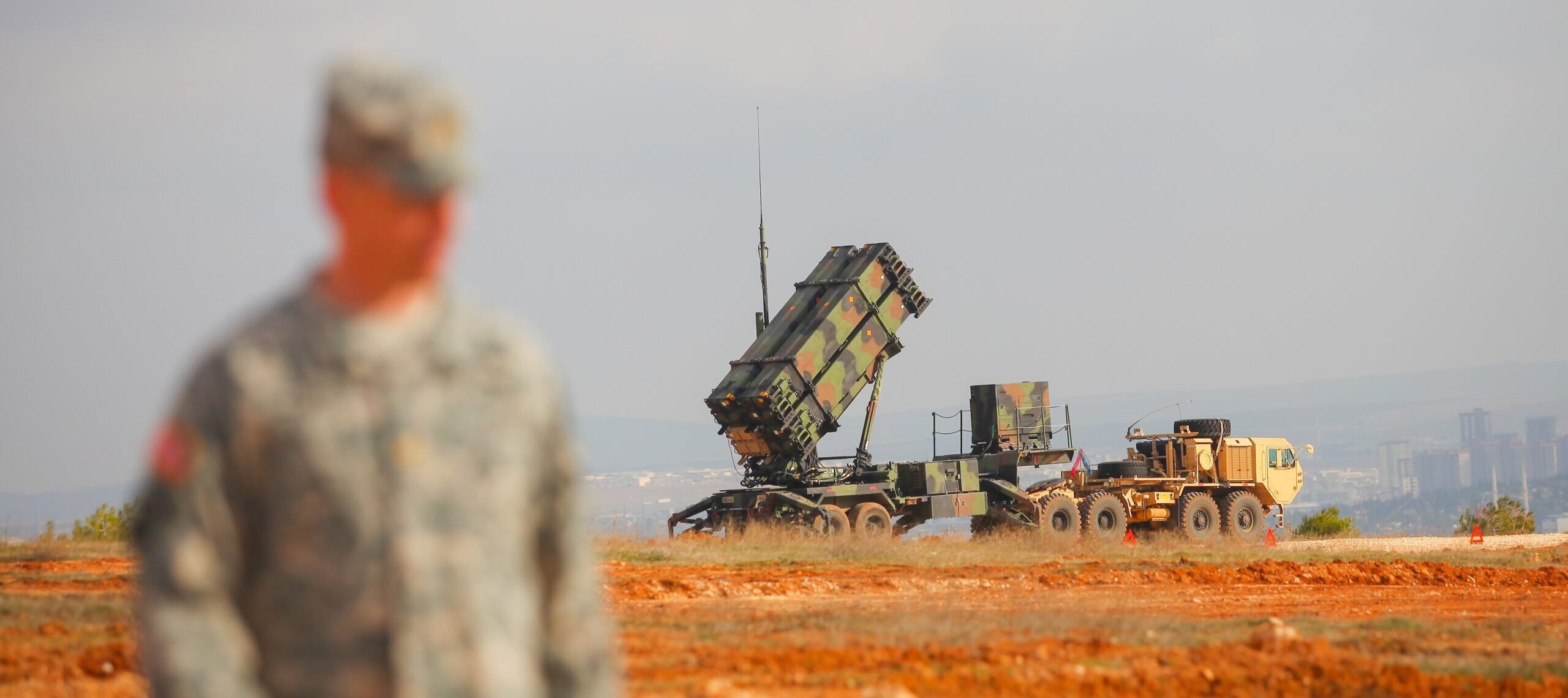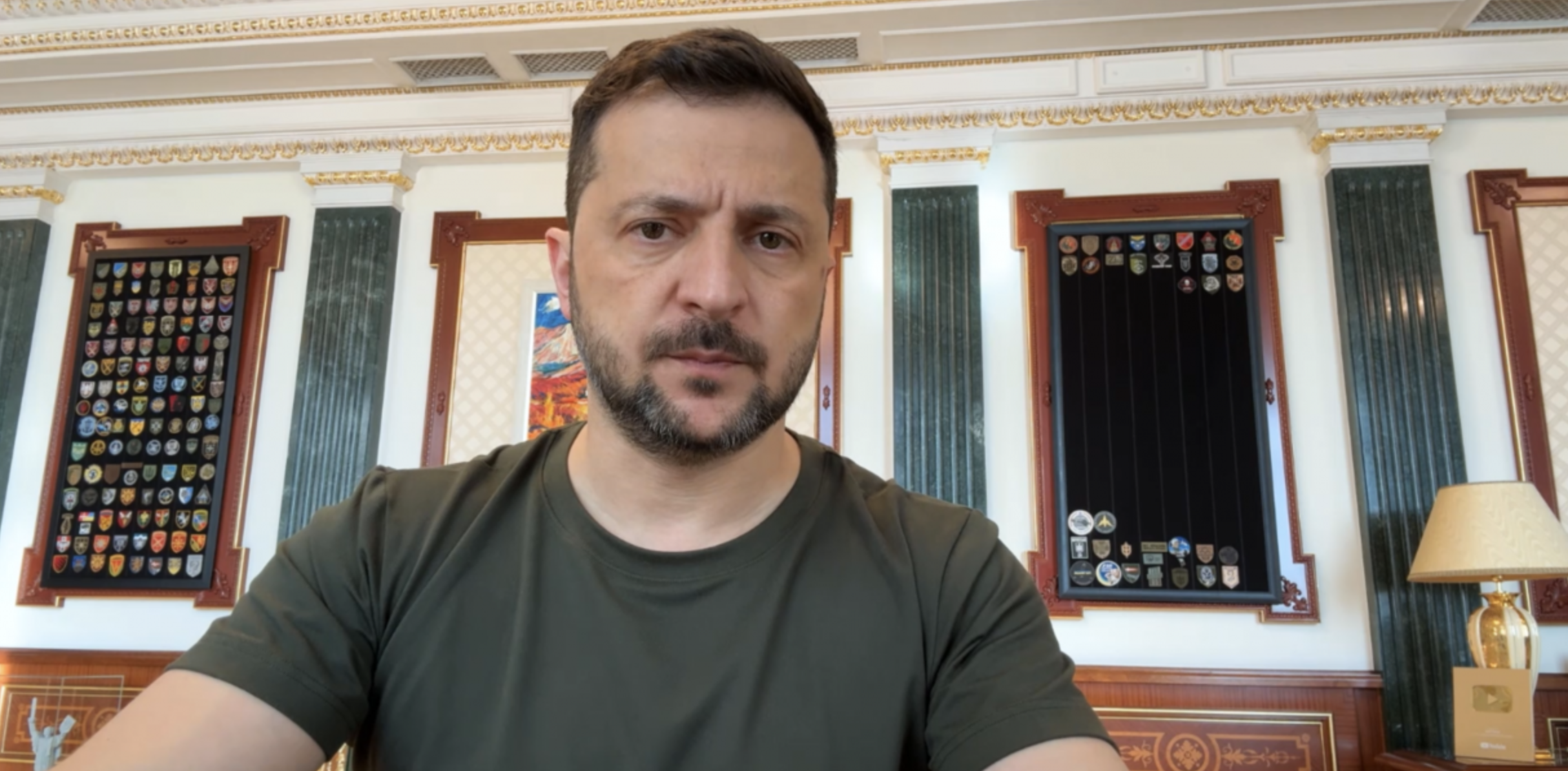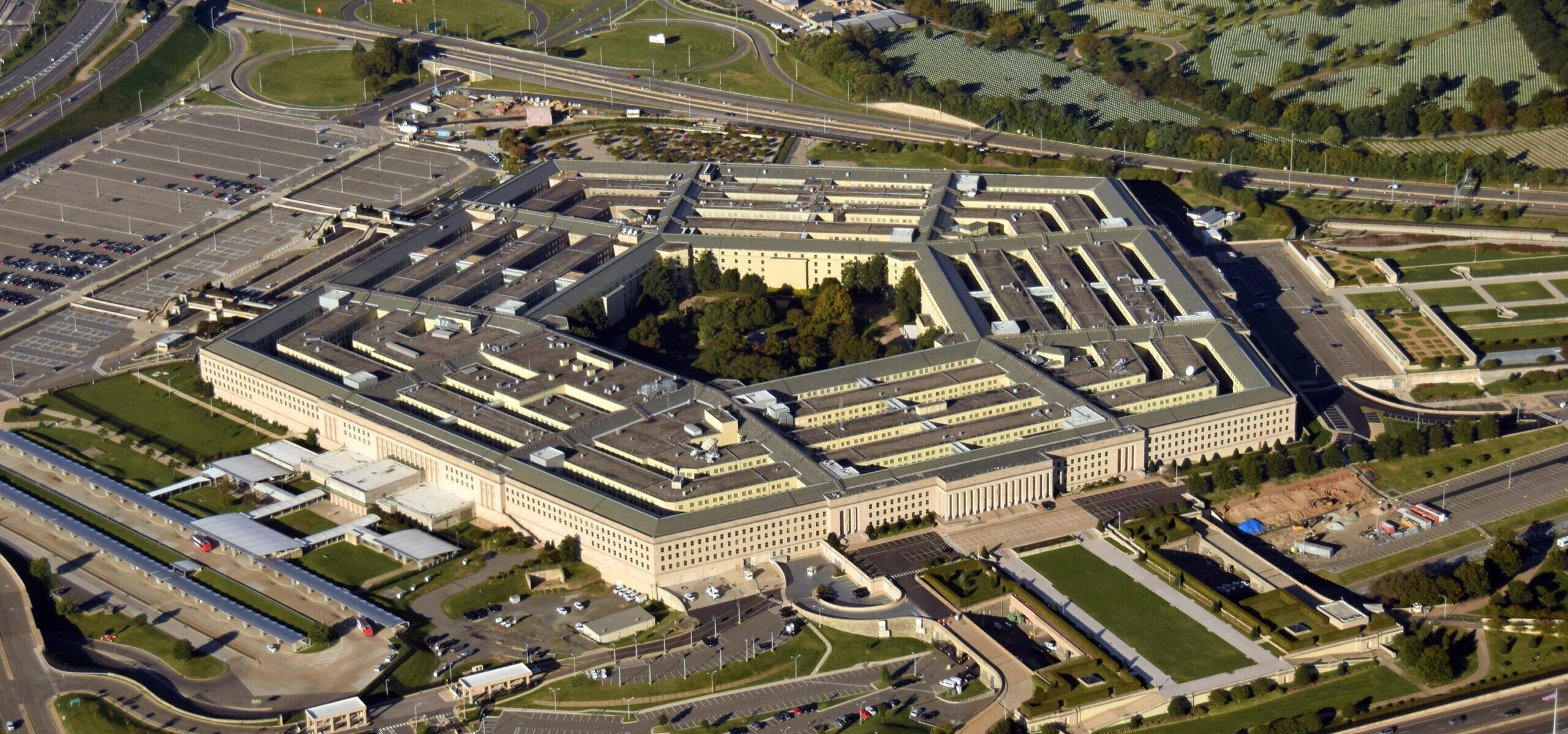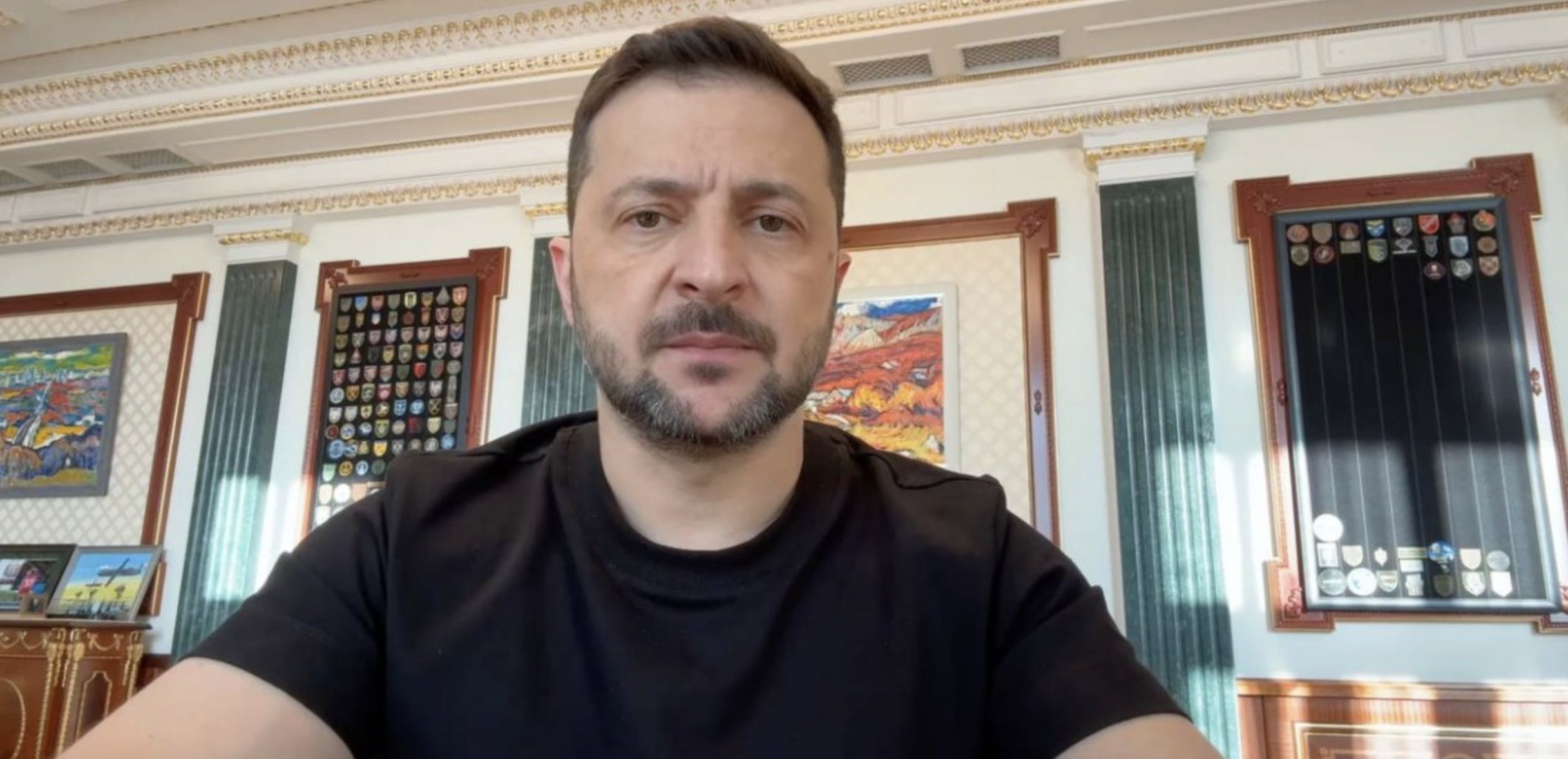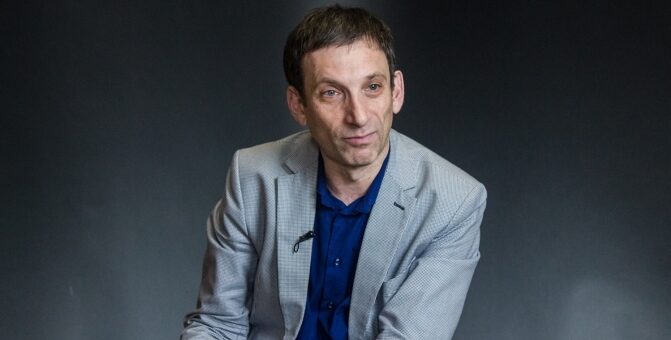
According to Vitaly Portnikov, a renowned Ukrainian journalist and recipient of the Shevchenko Prize, the functional operation of contemporary international law ceased in 2014 with Putin’s annexation of Crimea, as stated in an interview with Gazeta.ua.
“It was already a clear signal that the international law established after World War II could be forgotten. Before that, there were already alarm bells – territorial conflicts in the post-Soviet space, in the former Yugoslavia, the recognition of the independence of Abkhazia and South Ossetia. But the annexation of Crimea was the most devastating moment,” Portnikov said.
Today, many people, including the political elite, view the war in Ukraine and other contemporary conflicts through the prism of a return to pre-2014 international law. Yet, this will not be the case, Portnikov says. “We have turned this page, and now we are on a clean slate, which is already stained with blood, and we will have to write something completely new on it,” the Ukrainian journalist added.
Crimea’s 2014 annexation represents a recurring trend, according to Portnikov. He asserts that Russia aimed to challenge international norms. The signing of the Helsinki Act in 1975 established the sanctity of European borders. The USSR interpreted this act as an assurance for its sphere of influence and border security. However, as Portnikov highlights, both the Soviet Union’s sphere of influence and Portnikov himself have vanished since then.
“This is a historical process, but Russian revanchists see it as a deception of the West. They live in the past and don’t want a new order; they want to return to the old one, the one that existed before 1991,” the journalist says.
Russia believes that the West upset the balance in Europe when the former Soviet republics became NATO members, and it is supposed to restore it.
“In case of refusal, it [Russia – ed.] will start a war. Putin and his entourage cannot go back in time and restore the Soviet sphere of influence, but we cannot go back to 2014 and restore the order of that time either. It is unrealistic. No one goes back in time,” Portnikov said.
However, Portnikov believes there will be no new global conflict. Instead, there will be local clashes in different parts of the world.
“World wars were gladiatorial battles, and current conflicts are point cuts, when the enemy is trying to wound, but not to inflict a fatal blow, which can cause him to strike back, and then both will die. You have to fight the enemy so that he stays alive and does not feel mortal danger. Otherwise, you will feel it in the same way. Every conflict must be closed. Relatively speaking, the conflict in Gaza is far from Ukraine, and the conflict in the Far East is far from the Middle East. There can be many hot spots that are not connected to each other,” Portnikov said.
The new world order depends on the outcome of the wars in Ukraine, the Middle East and other conflicts that will take place in the coming years, the journalist said.
“It is quite realistic that due to the impossibility of a new world war, this new order will be hybrid. The contradictions between the West and Russia, China, and partly the Arab world are so deep that it is impossible to resolve them politically. It was the same on the eve of both world wars. The only real solution to this situation, according to political logic, would be World War III. But it will not happen for the reason that these differences exist between the nuclear powers. And nuclear war will only lead to the death of humanity. … What is the way out of this impasse? Only a new hybrid system,” Portnikov said.
Read the full interview with the journalist here.
